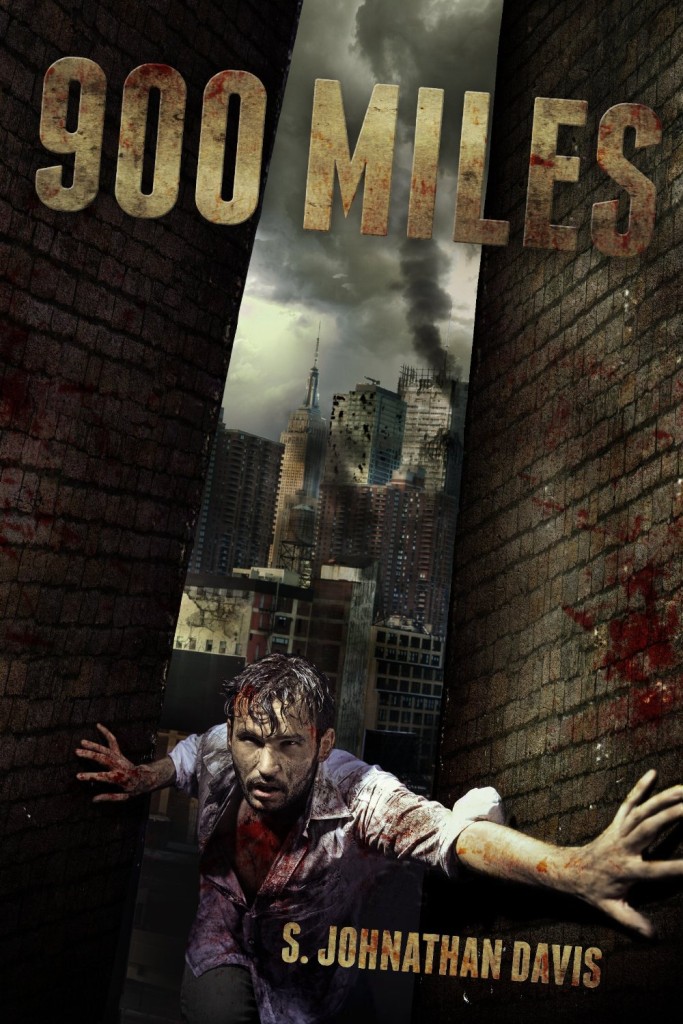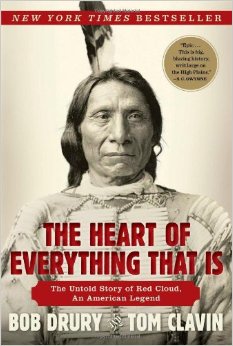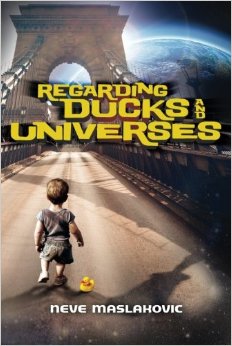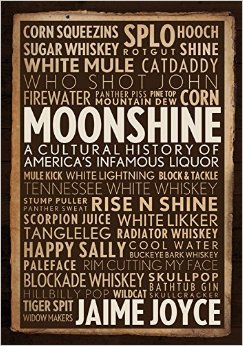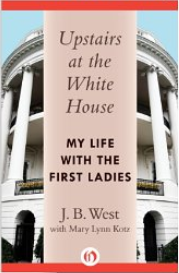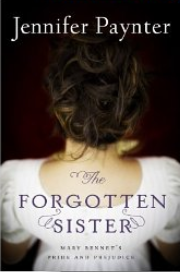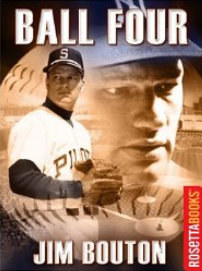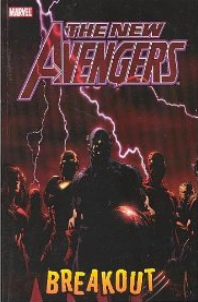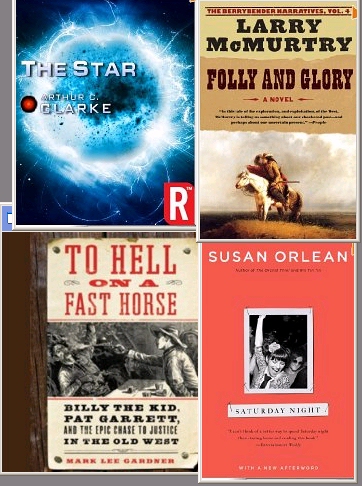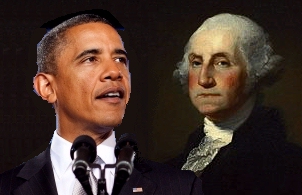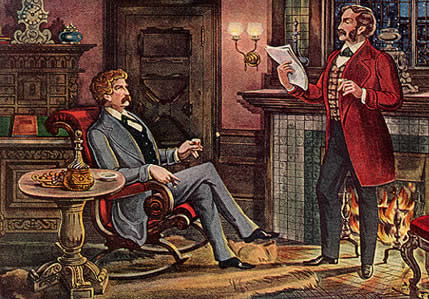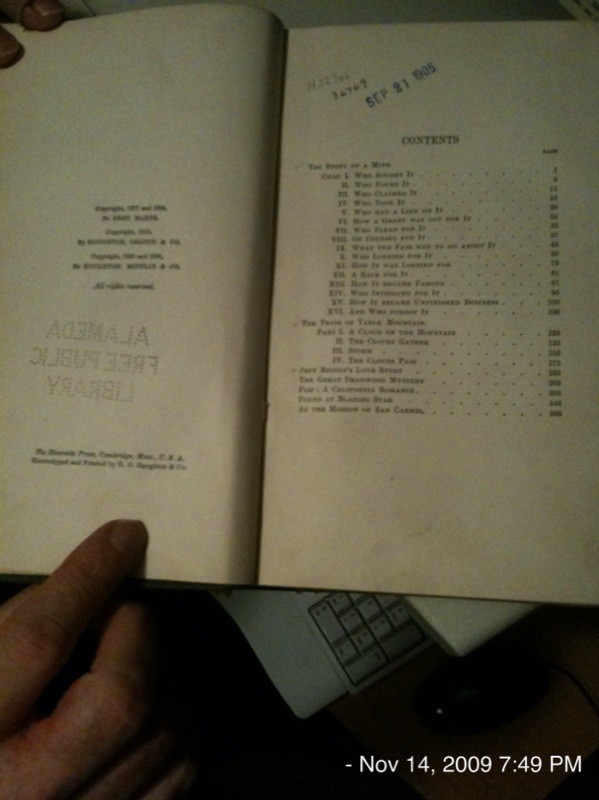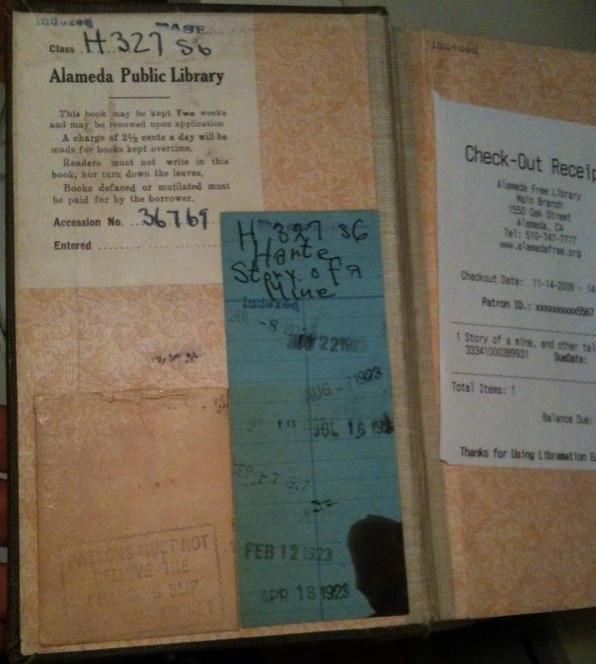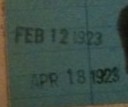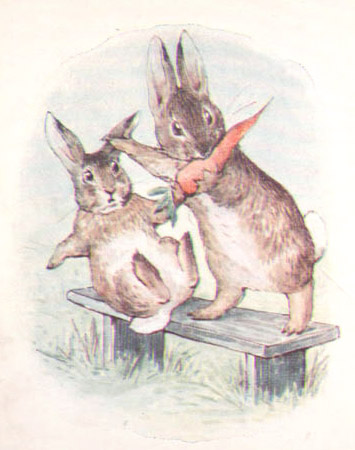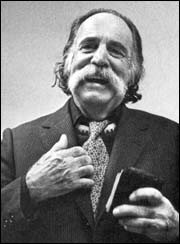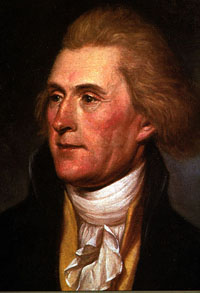
I have a tradition for the 4th of July – and it involves my Kindle. Every year, I point my web browser to Wikipedia’s web page with the fascinating history of the Declaration of Independence. Now Amazon’s Kindle Store has a free copy of the declaration available for downloading (as well as a free copy of the U. S. Constitution). And you can also download the free Kindle edition of Benjamin Franklin’s autobiography, a great read by a man who’s life was deeply connected to the history of America….
Just seven months before the famous document was signed, author Thomas Jefferson had written “there is not in the British empire a man who more cordially loves a union with Great Britain than I do. But, by the God that made me, I will cease to exist before I yield to a connection on such terms as the British Parliament propose; and in this, I think I speak the sentiments of America…”
Wikipedia’s page walks you through all the events that led up to July 4, 1776 — and also provides the complete text of the famous document, along with some good historical context. As the country celebrates the day it declared its independence, I like taking a moment to read some good history – and my Kindle really makes it easy. I think it’s funny that Amazon customers are now leaving reviews of the Declaration of Independence, which currently has a rating of 4.7 stars out of 5. (“As a graduate student in philosophy and history, I heartily recommend this timeless classic to anyone who is interested in political philosophy, and history…”) In comparison, the free version of the Constitution received only four and a half stars. (“Accurate reproduction and free, but does not include any amendments…”)
And because of the Kindle, you don’t have to content yourself with Wikipedia for your American history fix. When he was 65 years old, another American patriot — Benjamin Franklin — began writing a fascinating autobiography of his own life, and it’s available in the Kindle Store as a free ebook!
In fact, more than 200 years later, it’s now become one of Amazon’s best-selling e-books. Franklin had continued working on his biography over the last 20 years of his life, until his death at age 84 in 1790 — noting wryly that “the Affairs of the Revolution occasion’d the Interruption…” It’s especially poignant that Benjamin Franklin began writing it in 1770 as a loving letter to his son. But soon Franklin’s son had sided with the British druing the American Revolution, and Wikipedia notes that they were hopelessly estranged by the time Franklin sat down to write part two in 1784. Now he was 78, and laying down his thoughts in the year 1784 about his ideas for…a public library. And in part three — written in 1788 at the age of 82 — Franklin also remembered inventing his famous Franklin stove…and then declining to patent the invention because he’d created it for “the good of the people.”
It’s a great way to answer the question: What kind of men launched the American Revolution? And it just goes to show you that with a little research, the Kindle can give you an almost magical glimpse into the realities of our past… But there’s also a fascinating story about how the Declaration of Independence first came to be online. 40 years ago, a student at the University of Illinois launched a mission to make the great works of literature available for free to the general public. Remembering the man who’d revolutionized the world of reading by inventing the first mechanical printing press, he named his collection “Project Gutenberg”. By 2009, they’d created over 30,000 free e-texts, according to Wikipedia. And it’s a cause that’s near and dear to the hearts of a lot of geeks online.
But here’s my favorite part of the story. He’d launched this lifelong campaign back in 1971, anticipating all the great literature that he’d be sharing with the entire world, and even making available for new generations to come. So on that first day, 40 years ago, which great work of literature did he choose as the very first one?
